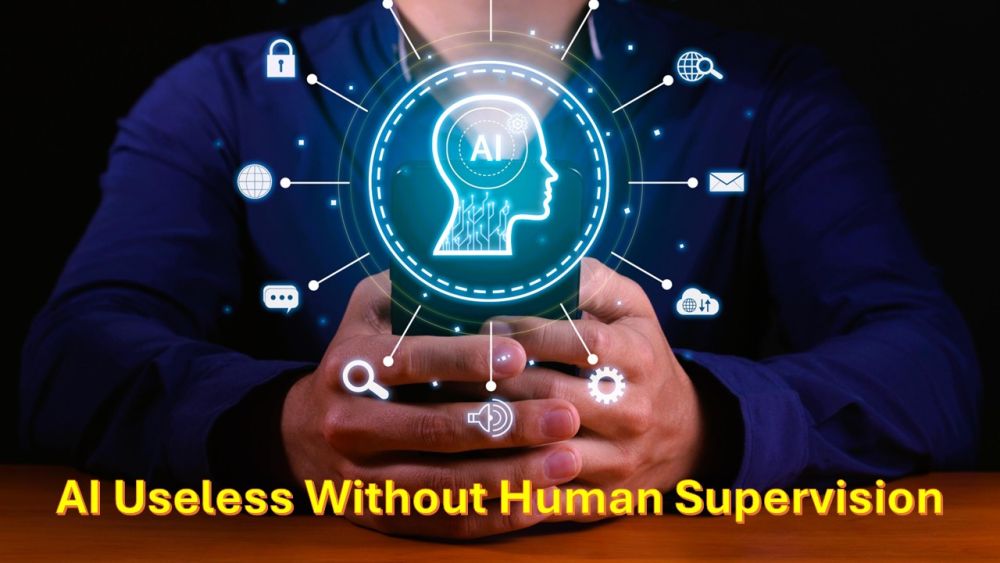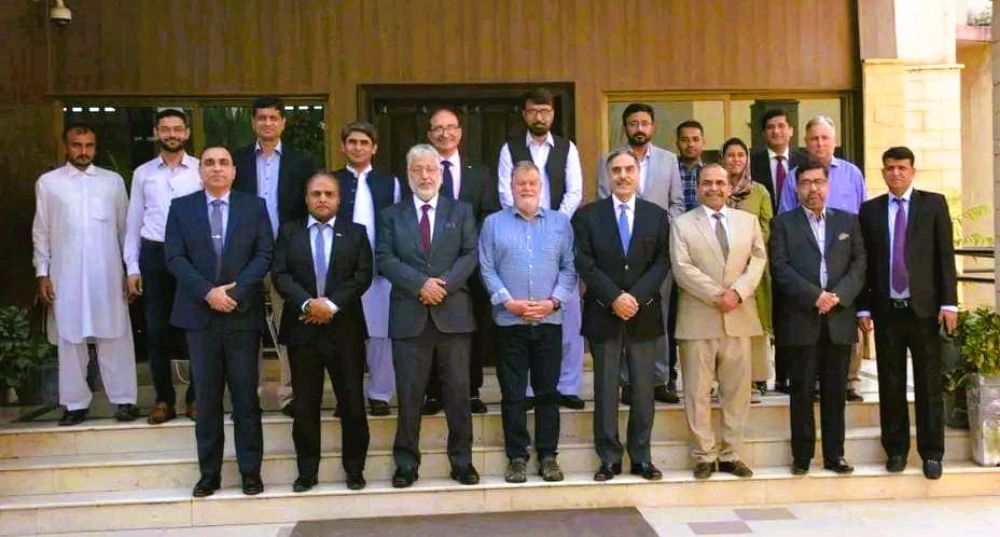221/25 The AI Blunder That Proved Humans Still Matter
Posted 3 months ago
Deloitte received around $440,000 to review part of its welfare compliance system. Soon after, people discovered that some citations and quotes in the report were completely made up without authentic references.
The story quickly went viral, and for good reason. It highlights a growing issue worldwide: companies are using AI faster than they can control it.
1. What Actually Happened
Deloitte Australia used AI tools to help write parts of a report for the Department of Employment and Workplace Relations. The report evaluated a system that tracks whether welfare recipients are following government rules.
But when experts reviewed it, they noticed something odd. Some of the research references and quotes didn’t exist, they were AI “hallucinations,” a common issue where language models invent details that sound real but aren’t.
Deloitte has admitted the mistakes and even agreed to refund part of the payment. But the damage to its reputation and public trust has already been done.
2. Why Everyone’s Talking About It
This isn’t just about one report or one company. It’s about the trust we place in professional work when machines do more and more of it.
People pay for expertise, not shortcuts. Governments and big organizations hire consulting firms for their deep knowledge and careful analysis not for quick answers from a chatbot.
AI can be helpful, but it still makes things up. These tools are great at writing fast, but they don’t honestly “know” facts. Without human checking, errors can easily slip through.
Speed vs. quality. Companies are pushing AI to save time and money — but when accuracy matters, faster isn’t always better.
Public trust is at stake. When government reports are wrong, citizens lose faith in the consultants and the system itself.
3. What We Can Learn: Four Simple Rules for Using AI Wisely
If organizations want to avoid mistakes like Deloitte’s, they should follow a few common-sense principles:
i. Always keep a real human expert supervision
AI can assist, but people must double-check every vital fact and reference.
ii. Be honest about what AI is used for
Reports should clearly state if AI tools helped create or analyze any part of the work.
iii. Build stronger quality checks
Companies need systems to catch AI errors early especially fake data, wrong citations, or made-up quotes.
iv. Educate everyone involved
Clients, managers, and policymakers must understand AI’s limits before depending on it.
4. What This Means for the Consulting Industry
The Deloitte case is a wake-up call for all big firms that use AI in their work.
Trust is everything. If a report turns out to be unreliable, clients might think twice before hiring that firm again.
Transparency will become a selling point. The firms that show how they use AI safely will win more clients in the long run.
New rules are coming. Governments may soon require consulting companies to certify or audit any AI-generated content in official reports.
New skills are needed. The future consultants won’t just write reports they’ll be AI supervisors, editors, and truth-checkers.
5. What Governments Should Do
To keep AI use safe and responsible, governments and public institutions can:
a. Ask contractors to disclose when and how they used AI.
b. Set standards for reviewing AI-generated reports.
c. Train employees to spot errors caused by AI tools.
d. Build a “trust framework” for AI, especially in sensitive areas like healthcare, justice, or social services.
Importantly, the Real Problem Isn’t Artificial Intelligence, It’s Missing Human Intelligence.
The Deloitte case reminds us that even the most innovative technology needs human wisdom.
AI can speed up work and unlock creativity but nothing replaces human oversight when it comes to truth, ethics, and judgment.
In the race to adopt AI, the winners will not be the ones who use it the most. They will be the ones who use it wisely, transparently, and responsibly.





